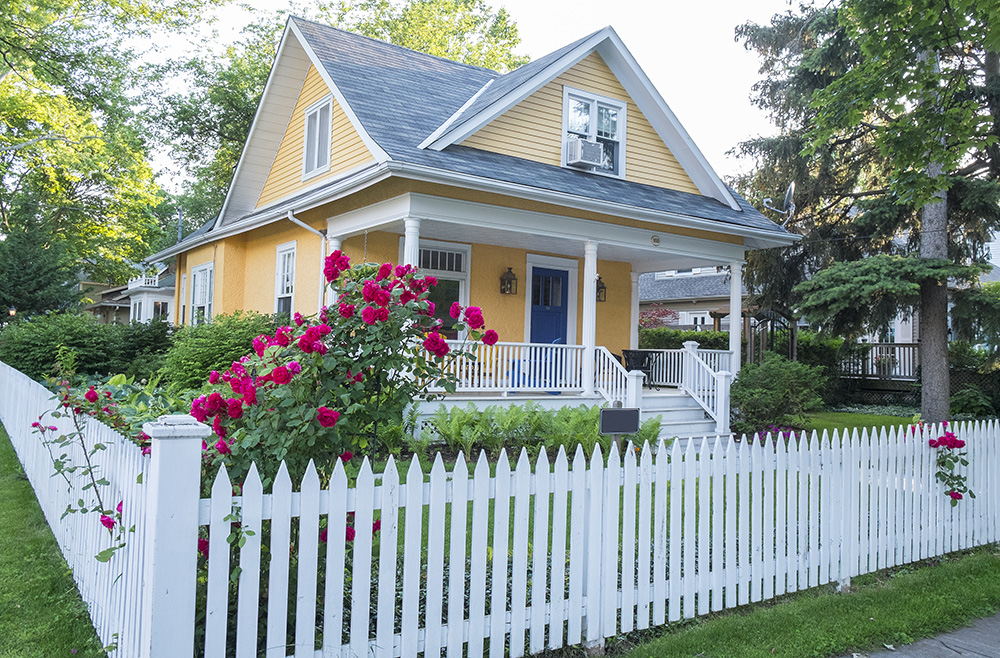A fence could mean much more than an eye-appealing upgrade from your home. It is a form of security that keeps intruders out. But is that all? Before you begin the scour of the perfect fence for your home, there is a whole lot you need to know. The decision to give the exterior of your home a facelift is better taken when you have all the facts about fencing your home. Okay, so here are all must-know facts about fences and homes.
1. Fence materials differ
As the homeowner, you should be front and center of the fencing of your home. You can hire professionals near your location like the 1775 Fence gate company operating in the Austin, Texas area, but ultimately deciding what materials to use on the fencing falls upon you. Fencing trends today allow homeowners to move past the wooden white picket fences. Fence materials are available in a wide range from wood, vinyl, bamboo, steel, and even wrought iron. Homeowners can pick whatever material meets their needs best. Vinyl and aluminum may be low maintenance, but if a wooden fence is more your style, we couldn’t change your mind.

2. Budget holds weight
Putting finances at the back of your considerations is never advised during any purchase, especially involving your home. From the materials to the rate of hiring the professional, ensure you have a clear vision of your spending on the fencing. How much can you allocate to the materials and installation? While the materials, manpower, and needs determine the amount, you can steer your choices in something more affordable for you.
3. Professionals are better at it
Choosing to put up your own fence is not always about saving the extra buck. But is this what your home deserves? If you want a job well done, you will have to call the experts. Don’t look at hiring Fence Company Conroe spending more money but doing what is best for your homestead. Consulting with professionals will ensure your fences are well erected and help you find the right fence for your home.
4. Establish the property line
The last thing you want is to receive a court order from your neighbor right in the middle of installation. So before calling up the fencing pros, call up a surveyor to accurately establish the boundaries of your property. That way, you cannot doubt that you are building your fence on your property and not your neighbors.
5. Talk to your neighbor
Before installation, share your fencing plans with your neighbors. Being open will help you avoid unnecessary conflict, like blocking their views or noise distraction reports. A lot of noise and commotion is expected during installation, and it would be courteous to give your neighbors a heads-up.

6. Meet the required laws
Traditionally, you could wake up one day and decide to put up your fence, no questions asked; however, things have changed. There are laws, building codes associated with putting up a fence. You may need an advance written notice with details, including time costs and details of the fencing. Thus ensure you get everything in order before building starts.
7. Consider the climate
The climate of your area could make or break your fencing, and we certainly mean this literally. Concrete fence posts are notorious for cracking in cold climates if they are not secured deep enough in the ground. Learn about your climate before fencing starts; that way, you can decide on fence materials suitable for your temperatures and ensure fencing is done perfectly.
In closing
Indeed, you can not anticipate everything in life; however, in fencing, you definitely can try. These facts give you an insightful peek at all things fence-related in the home. Think of them as tools you can employ to ensure your installation goes smoothly. Use them to transform your home’s exterior into your dream vision.






